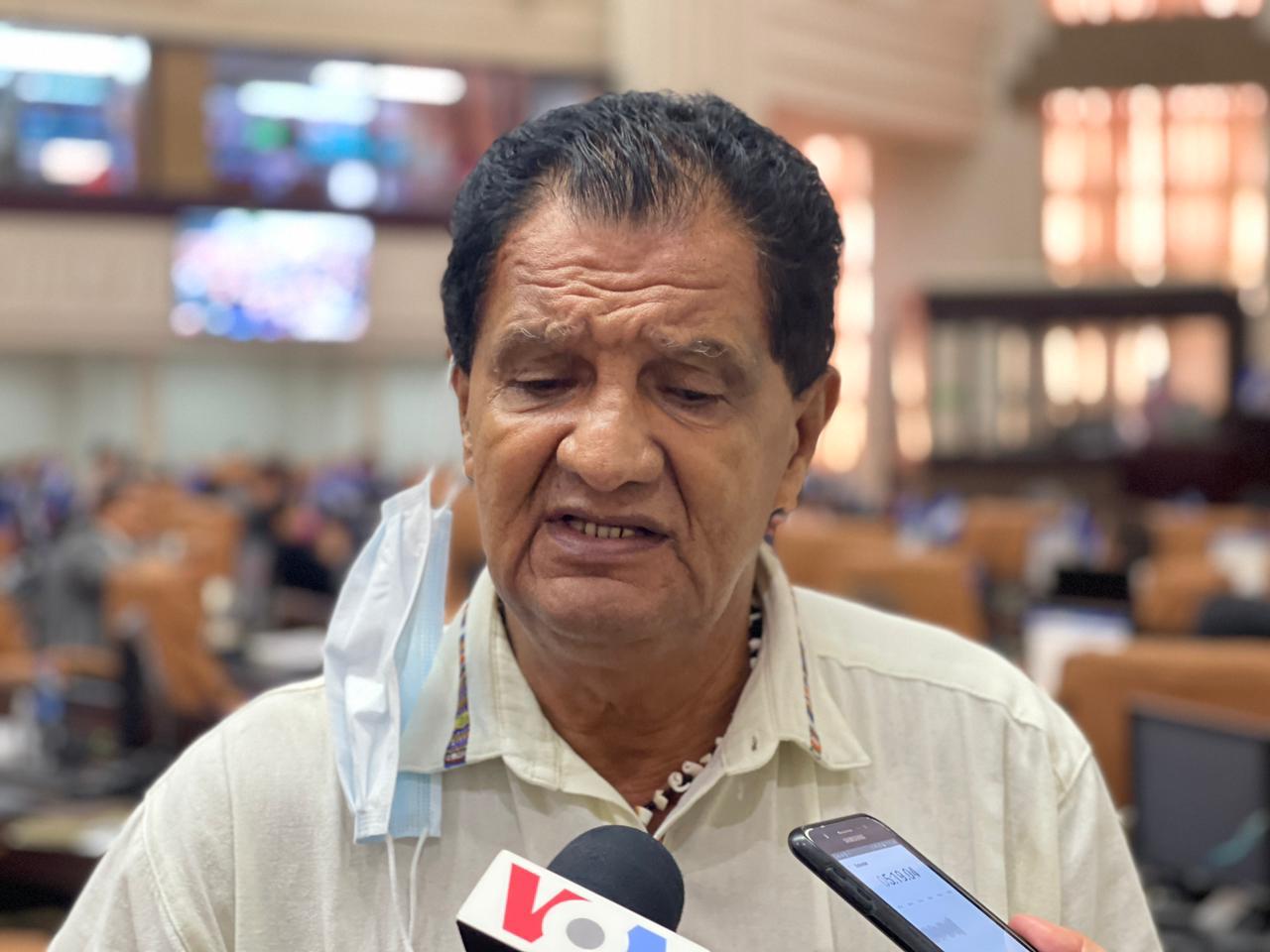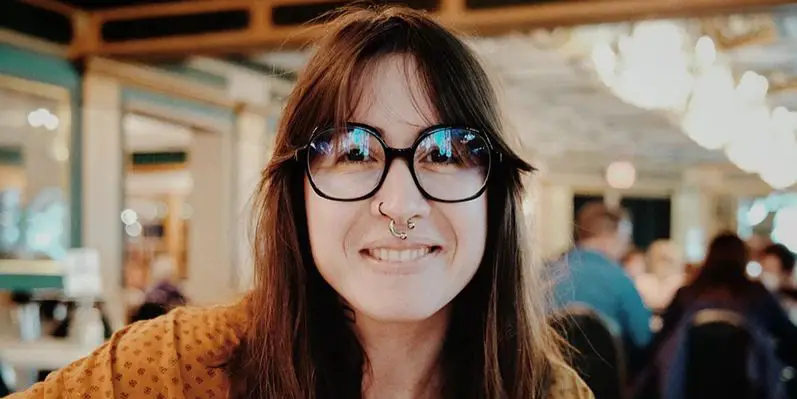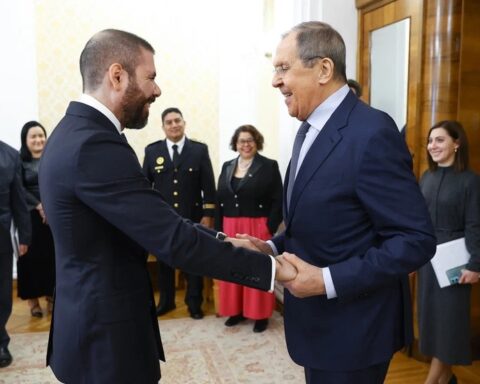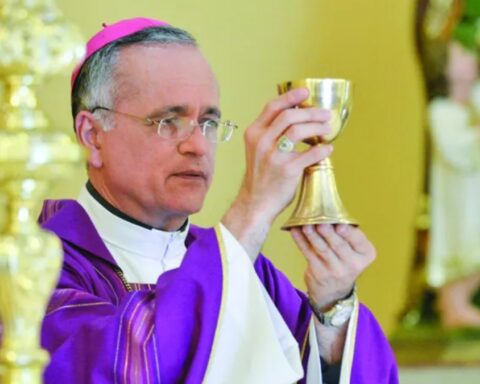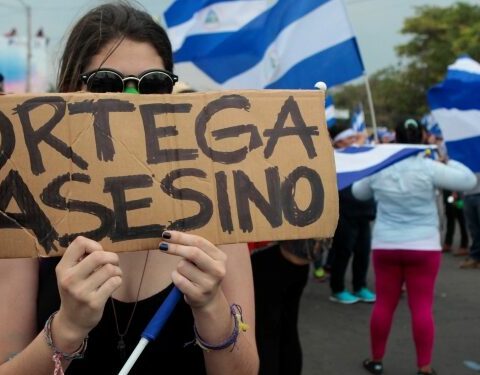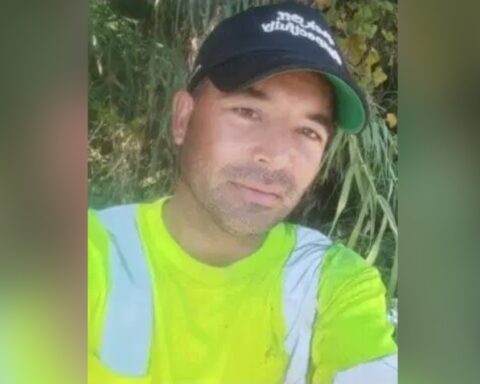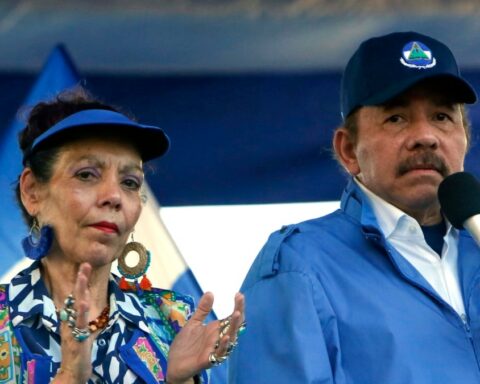A Nicaraguan indigenous deputy assured on Friday that he entered Nicaragua from Honduras and through the Mosquitia region, which both countries share, after authorities said he could not return to the country after participating in a UN meeting.
Brooklyn Rivera, from the Yátama Miskito organization, stated that he participated in the United Nations Permanent Forum on Indigenous Peoples in New York, during the second half of April, and that when trying to return he found an “immigration impediment” from the Nicaraguan authorities, according to a video posted on social media by the Mesoamerican Alliance of Peoples and Forests.
Rivera, a former ally of President Daniel Ortega’s Sandinista party, added that before traveling to the UN meeting he had obtained permits from the legislature and the government, despite which he found the return restriction.
“There was an order preventing immigration from traveling through the airline and I had to look for other options on how to return to the country,” Rivera added.
Related news: Yatama repudiates the expulsion of Brooklyn Rivera from the Coalition and closes ranks in retiring with its leader
He maintained that he entered the Mosquitia from Honduras protected by UN resolutions and international organizations that consider that there are no borders between bordering indigenous peoples of two countries.
Rivera is the only representative of the Yátama indigenous formation in the National Assembly, and between 2006 and 2012 he was an ally of the ruling Sandinista Front.
Rivera, who was elected deputy in the last two elections, in 2016 and 2021, said that he did not testify against the government at the UN Forum. “I’m not afraid of anything that implies political or judicial responsibilities,” he added.
International organizations have denounced the Ortega government for its measures against opponents, among which are expulsions from the country, stripping leaders of their nationality, preventing the entry of critics and outlawing thousands of private and religious organizations.
In response, the United States and the European Union imposed sanctions on the government.
Related news: Yatama, suspended from the National Coalition for “treason”
Nicaragua endured its laws and controls over opponents after the 2018 protests against Ortega, in power since 2007 and later reelected in elections disputed by the opposition.
The 2018 protests lasted for at least three months in different areas of Nicaragua, with roadblocks, as well as clashes between opposition and pro-government protesters that left more than 300 dead, according to the UN.
The government lost the protests as an attempted coup promoted by the United States, while international organizations accused the Executive of promoting a repression against the opposition.

